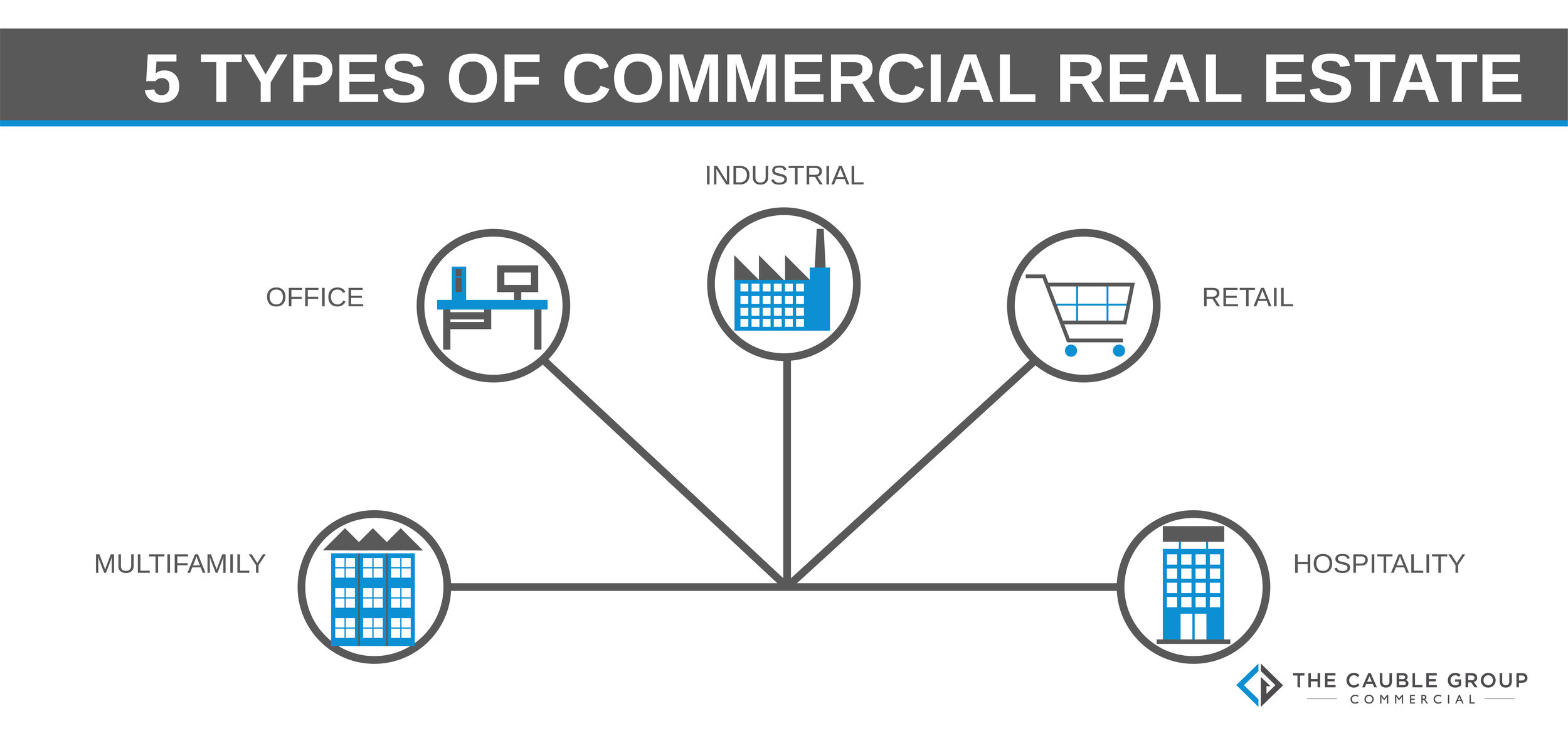One of the best investment opportunities is commercial real estate, which not only offers a higher rate of return than stocks or other investment possibilities but also offers a higher level of security. In spite of the fact that it takes a greater amount of money, it has the potential to create cash flow, which is something that other investment avenues either do not generate at all or do not generate to the same extent. In the event that you are interested in purchasing a commercial property in India, there are a few essential aspects that you must take into consideration before putting your hard-earned money into the transaction.
1. Carry out careful study on the market
Researching the market is something you should do before making any investments in commercial real estate. You need to give serious consideration to whether you want a business property that is already for sale or one that is brand new. The new one is more risky than a decent commercial property that is available for resale, but it also has the potential to help you achieve greater returns.
The cities that are classified as Tier II and Tier III are rapidly becoming the actual growth engines of India and have the potential to give superior returns on real estate investments. In addition to this, you should investigate the forthcoming initiatives in any region, as well as the purchasing trends and behaviors of local consumers.
2. Take a look at the place
Having chosen a place, the next step is to examine the characteristics of the site you have chosen. It is essential that it be connected to many modes of transportation, such as highways, metros, railroads, or airports in the vicinity. Markets that are either mature or developing should be present at the site.
Some regions, which do not have such connection at the moment but have the necessary space and the possibility of growth, will deliver superior returns in the long run.
3. Different kind of commercial real estate
After carefully examining the site and ensuring that it is well connected via a variety of modes, the next step is to choose the sort of commercial property that you will be investing in. At the present time, there is a diverse assortment of commercial property, which includes SCOs, retail stores, office buildings, industrial complexes, and other types of properties. It is also possible to purchase a residential home with the intention of renting it out.
4. Think about the many investing opportunities available to you
It is important to examine each of the product mixtures that were stated above based on the appropriateness of the place and the potential for future appreciation. Additionally, you should think about the product that is most suitable for your financial situation and evaluate the inherent risk that is associated with every investment. The level of participation that you want to have in your real estate investment is another thing that you need to choose. While there are purchasers who wish to be completely involved, there are some buyers who want agents who will handle your home for them.
5. Seek the advice of a knowledgeable individual
When you are new to investing and have no prior experience with real estate, it is essential to seek the advice of professionals. There is a large number of real estate advisors, attorneys, and property developers that are professionals in this industry and will take you through the full process of investing in real estate.
This will save you time and the headache that comes along with it, and it will cost you very little. In particular, it is preferable to seek the advice of these professionals when the investment is substantial.
6. Ensure that all of the required permissions have been obtained.
It is important to verify that the builder has obtained all of the relevant permissions from the local authority or municipality. If you would want to go through this checklist, here it is.
- In addition, the nature of the property's title papers are discussed.
- Conduct a thorough identification check on the vendor.
- Please refer to the land use permit or, in the event that the land has been altered from its original state, the conversion approval paperwork.
- Check to see that the builder has a certificate stating that there are no objections from the pollution board, the sewage board, the traffic department, the environment department, and more.
- Validate the certificate of occupancy.
- The current status of the tax payment.
- The encumbrance certificate was obtained from the sub-registrar office of the jurisdiction.
- Confirm that the property can be physically accessed.
- Verify that the Real Estate Regulatory Authority (RERA) has given its clearance.
- Take a look at the paperwork that pertain to any taxes that are still owing by the developer or the current owner.
